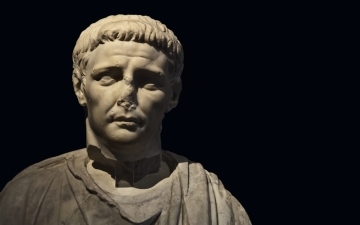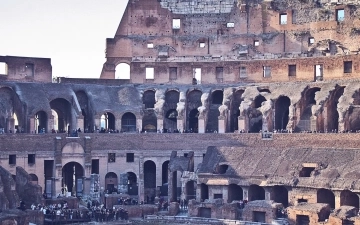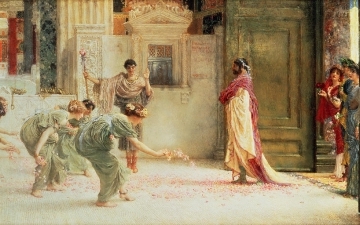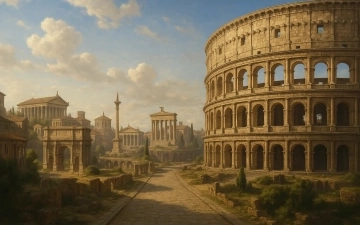Augustus: The Architect of Imperial Rome’s Golden Age
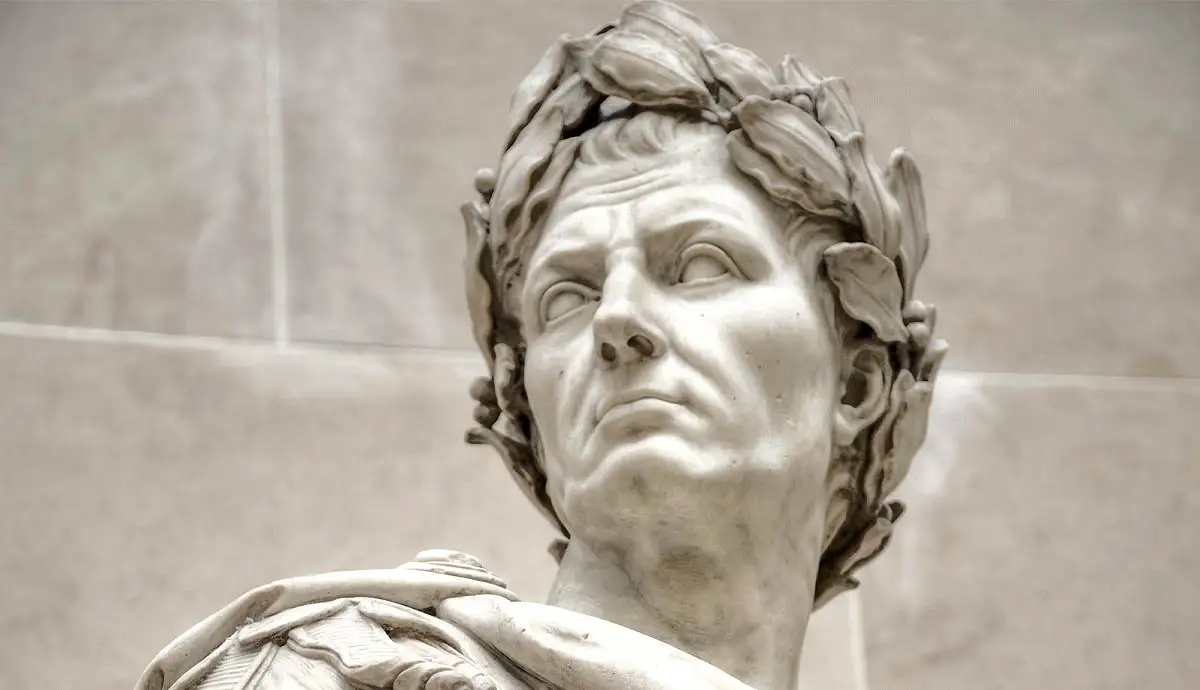
In the grand tapestry of ancient Rome's history, one name stands out as a pivotal figure who played a transformative role in shaping the destiny of an empire. That name is Augustus, the first Roman Emperor, whose reign marked the beginning of a remarkable era known as the Pax Romana or Roman Peace. In this article, we delve into the life and legacy of Augustus, the architect of Imperial Rome's Golden Age.
The Rise to Power
Augustus, originally named Gaius Octavius, was born in 63 BCE. He was the grandnephew of Julius Caesar, which proved to be a crucial link in his ascent to power. Following Caesar's assassination in 44 BCE, Octavius, just 18 years old at the time, became embroiled in the chaos of post-assassination Rome.
Through a series of strategic alliances and military campaigns, Octavius managed to defeat his rivals, most notably Mark Antony and Cleopatra, at the Battle of Actium in 31 BCE. This victory secured his position as the unchallenged leader of Rome, and he adopted the title "Augustus," meaning revered or majestic, effectively becoming the first Roman Emperor in 27 BCE.
Reforming the Empire
Augustus' reign was marked by a commitment to restoring stability and order to the Roman Republic, which had been torn apart by civil wars. He initiated a series of comprehensive reforms aimed at strengthening the empire's foundations. Some of his key achievements include:
- Administrative Reorganization: Augustus divided the Roman Empire into provinces, each governed by a proconsul or legate, ensuring better governance and uniformity across the vast territory.
- Legal Reforms: He established a comprehensive legal code that formed the basis of Roman law for centuries. This provided a framework for justice and legal consistency throughout the empire.
- Infrastructure and Architecture: Augustus invested heavily in the construction of public buildings, roads, and aqueducts, leaving a lasting mark on Rome's urban landscape.
- Census and Taxation: He conducted the first Roman census, enabling more efficient tax collection and resource allocation.
The Pax Romana
One of Augustus' most enduring legacies is the Pax Romana, a period of relative peace and stability that lasted for approximately two centuries. This era allowed for cultural and economic flourishing, fostering the arts, literature, and trade.
Cult of Personality
Augustus was not only a political and administrative genius but also a master of propaganda. He skillfully crafted an image of piety, virtue, and moral reform, which endeared him to the Roman people. His reign saw the widespread construction of statues and monuments dedicated to his legacy.
The Enduring Legacy
Augustus' reign set a precedent for the Roman Empire's future trajectory. He consolidated power, transformed the political landscape, and laid the foundation for the imperial system that would endure for centuries. The impact of his rule is still felt today, as he played a crucial role in shaping the Roman Empire's identity and ensuring its longevity.
Augustus, the first Roman Emperor, is rightly celebrated as the architect of Imperial Rome's Golden Age. His leadership, reforms, and the Pax Romana left an indelible mark on history, cementing his place as one of the most influential figures in the annals of ancient Rome. His legacy continues to be a testament to the enduring power of visionary leadership and the ability to shape the destiny of nations.
Related Posts
Claudius: The Unexpected Emperor and His Surprising Achievements
In the annals of Roman history, the name Claudius stands out as a remarkable story of an unexpected emperor who defied the odds and left behind a legacy of significant achievements. Often underestimated due to physical disabilities, Claudius rose to power and proved to be a capable and innovative ruler....
Read MoreFrom Ancient Rome To Today: 4 Games Played By Emperors And Their Modern Equivalents
In history, Ancient Rome had rulers who enjoyed games that involved intelligence and risk-taking. The interesting part is that some of these games have now evolved to their modern versions that still entertain people. When we look at the Ancient Roman history of emperors having fun, most of them went for...
Read MoreThe Perfect French Riviera Wedding
The French Riviera: A Timeless Wedding Destination The French Riviera, or Côte d’Azur, is one of the world’s most iconic destinations for weddings, offering breathtaking coastlines, luxurious estates, and a romantic Mediterranean backdrop. But beyond its modern allure, this glamorous stretch of land has a deep-rooted history that dates back to...
Read MoreCaracalla: The Emperor of Bloodshed and the Architect of Roman Citizenship
Caracalla, son of the formidable Emperor Septimius Severus, is a complex and contradictory figure in Roman history. Often remembered for his brutality and paranoia, he is equally renowned for one of the most far-reaching edicts in Roman law. His reign was marked by a tumultuous blend of violence and reform. Shortly...
Read MoreDriving Toward the Future: Innovations in Sustainable Automotive Technology
As the global focus sharpens on climate change, energy efficiency, and sustainable living, the automotive industry stands at a critical crossroads. Manufacturers, engineers, and policymakers are working in concert to reduce carbon emissions, enhance fuel economy, and reshape transportation for a cleaner tomorrow. At the heart of this revolution lies...
Read MoreMajestic Ancient Rome: Unveiling the Timeless Splendor of Ancient Roman History Architectural Marvel and Colosseum
Introduction The history of Rome is an intricate weave of power, culture, and art. It gives ample narratives ever since the rise of the Roman Republic until the Empire Era Greco-Roman civilization is captivating for the world, historians and travelers as well. In this article we tell the story of...
Read More

















